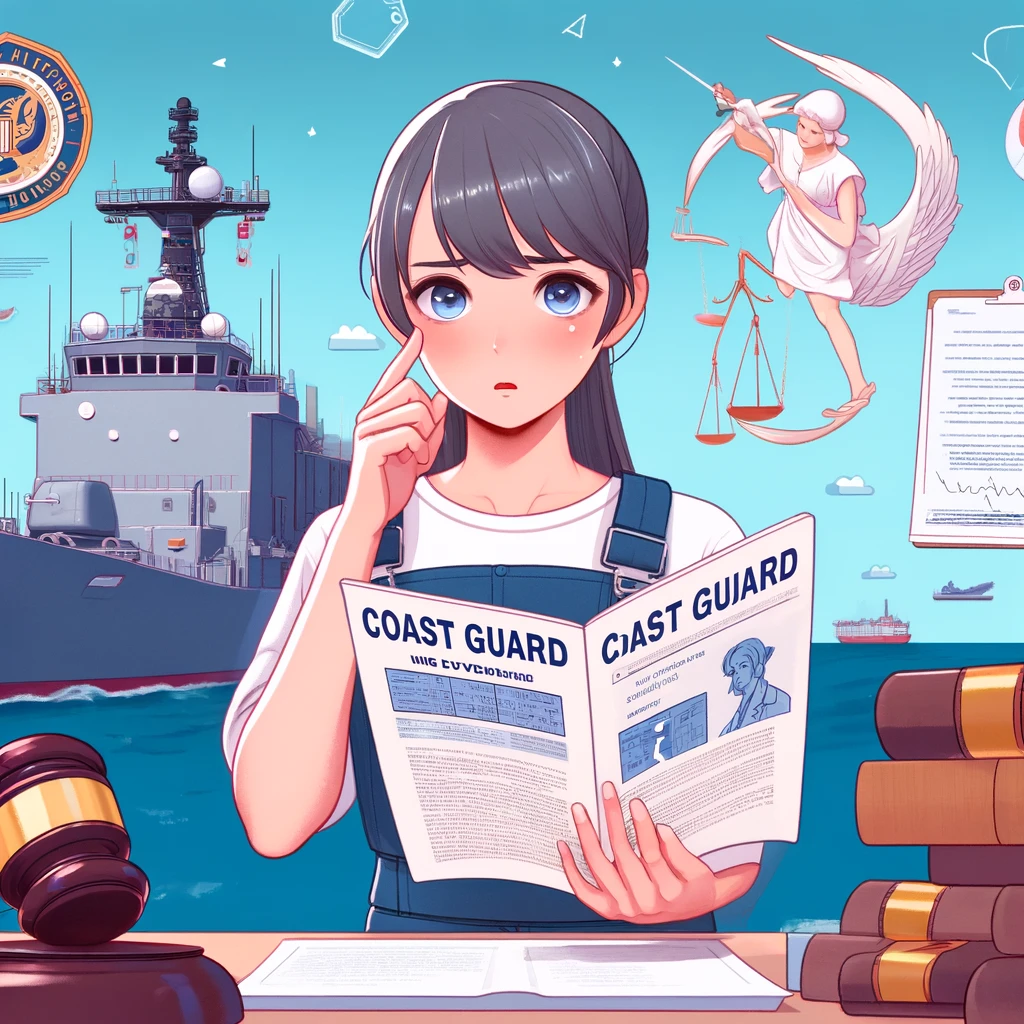Recently, a pamphlet created by the Japan Coast Guard has stirred significant discussion. The pamphlet featured an anime-style female illustration generated by AI, which faced criticism as potential copyright infringement, ultimately leading to the distribution being halted. Through this issue, I would like to examine the relationship between generative AI and copyright law.
The pamphlet aimed to prevent maritime accidents and used AI-generated illustrations to attract the interest of young people. The Japan Coast Guard published the pamphlet on social media and its website, but received numerous accusations of copyright law violations, leading to the decision to cease distribution.
According to the Japan Coast Guard’s statement, they concluded that “while it does not constitute a copyright violation, we cannot say that there is no risk at all.” This response might seem overly cautious, but given the current state of copyright law, which does not provide clear guidelines on the use of generative AI, it can be seen as a prudent decision.
Under the current copyright law, unauthorized learning by generative AI is generally permitted. However, concerns about rights violations among creators are increasing, and there are calls for legal reform. Particularly, if the data used for AI learning includes copyrighted material without the copyright holder’s consent, it may potentially infringe on those rights.
This incident highlighted the legal uncertainties surrounding the use of generative AI. As AI technology evolves and is utilized in various fields, copyright law needs to adapt accordingly. There is a need for future discussions on how generative AI will comply with copyright law and how its use will protect creators’ rights.
The Japan Coast Guard’s response has raised public awareness of the issues between generative AI and copyright. We hope that ongoing amendments to copyright law will establish fair rules for both creators and users.
